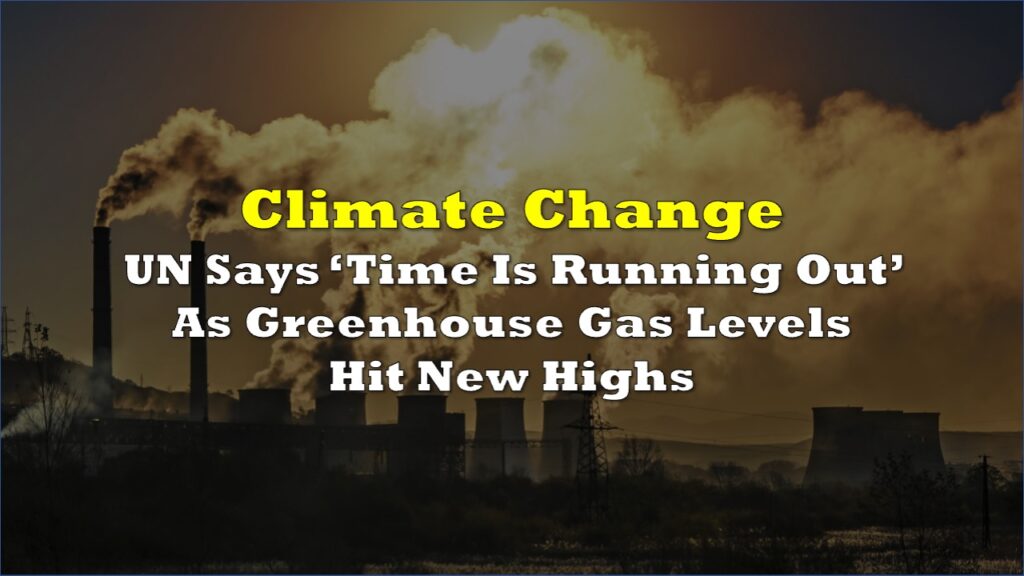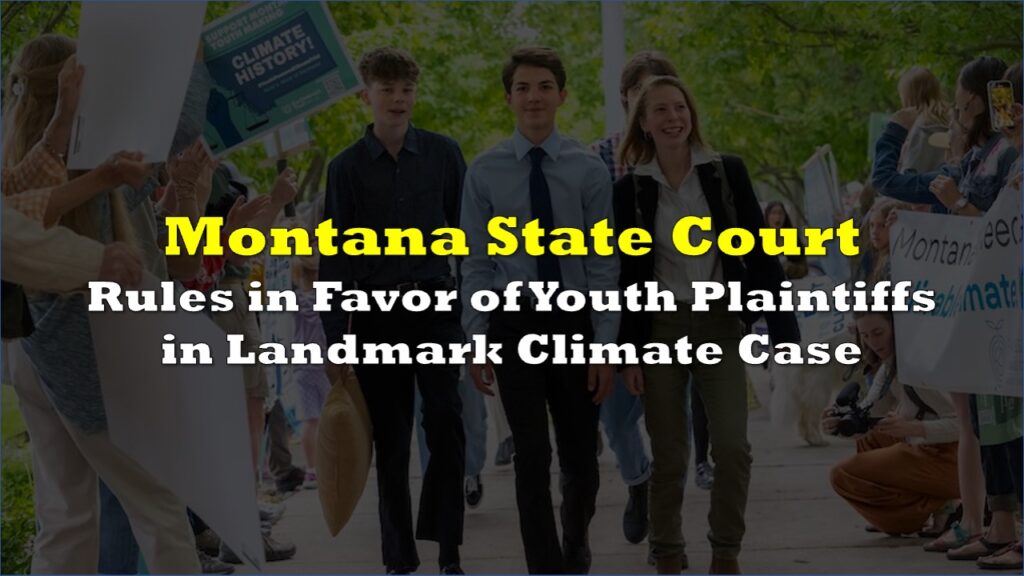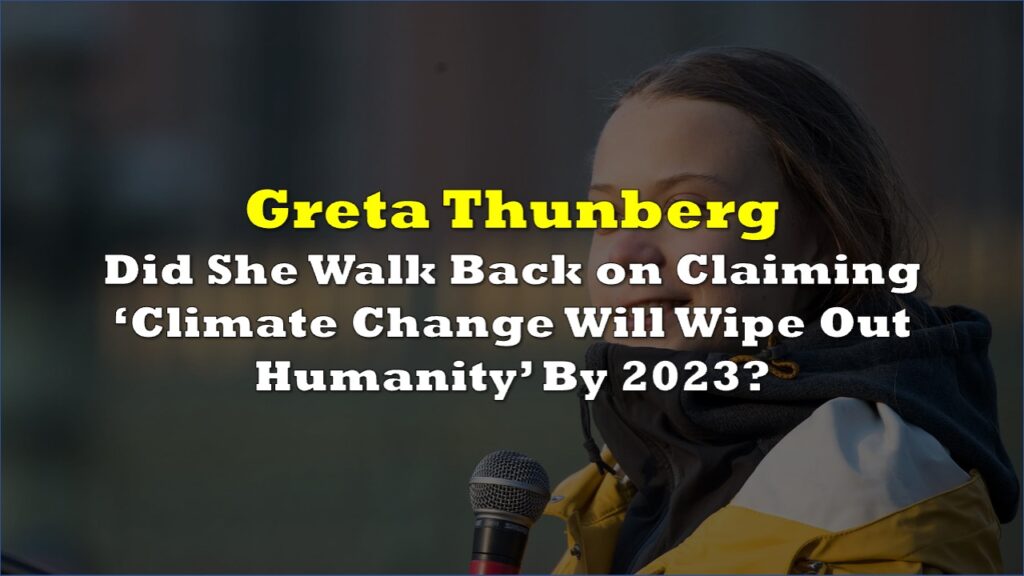South African Minister of Forestry, Fisheries, and the Environment Barbara Creecy called on the United States and Europe’s richest nations for climate reparations for developing countries impacted by climate disasters.
Leaders from developing countries have long agreed that the world’s wealthiest nations — those that have long benefited from the industrialization that has triggered global warming in the last 200 years — should be liable for compensation.
At the sidelines of the COP27 international climate summit in Egypt, Creecy called for immediate financial aid through what’s been called a loss and damage mechanism, and said that China and India should not pay for compensation because they are still developing countries.
Her remarks underscore a battleground waiting on the horizon. China and India are two of the world’s biggest greenhouse gas emitters, with China taking the top spot at 11.47 billion tons of carbon dioxide equivalent, and India following the US’ 5 billion tons with 2.71 billion tons per year. Developed nations, not surprisingly, have also called for the two countries to contribute.
The nations agreeing to discuss loss and damage was a breakthrough, but John Kerry, the US special envoy for climate change, has made it clear that talks of compensation and liability are “just not happening.”
Egypt Foreign Minister Sameh Shoukry said that discussions at COP27 will focus on “cooperation and facilitation,” not “liability or compensation,” a necessary compromise to be able to discuss the issue for the first time. He added that the aim is to reach a “conclusive decision” at the COP meeting in 2024.
Creecy also called on rich nations to give more cash for climate adaptation, specifically to support weather-battered infrastructure and irrigate crops in drought-stricken nations. The environment minister emphasized the need for these wealthy nations to “restore trust” by finally delivering on longstanding promises and commitments to developing countries.
Information for this briefing was found via Bloomberg, and the sources and companies mentioned. The author has no securities or affiliations related to this organization. Not a recommendation to buy or sell. Always do additional research and consult a professional before purchasing a security. The author holds no licenses.









